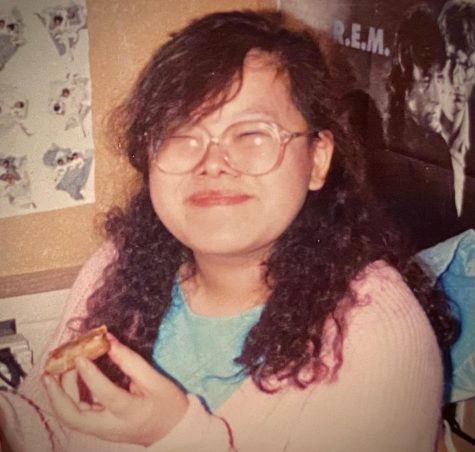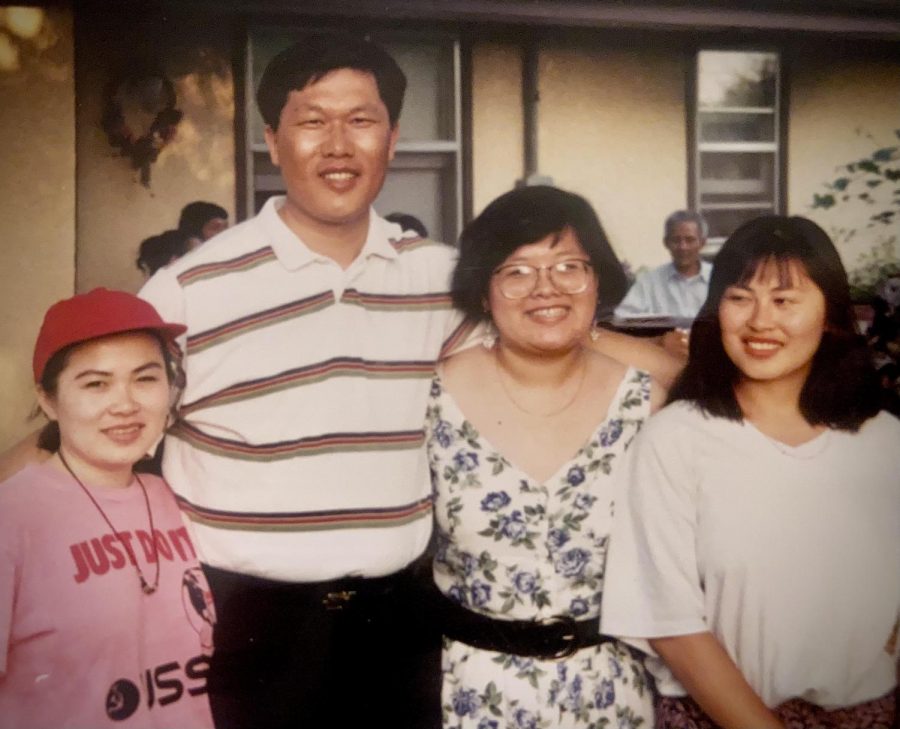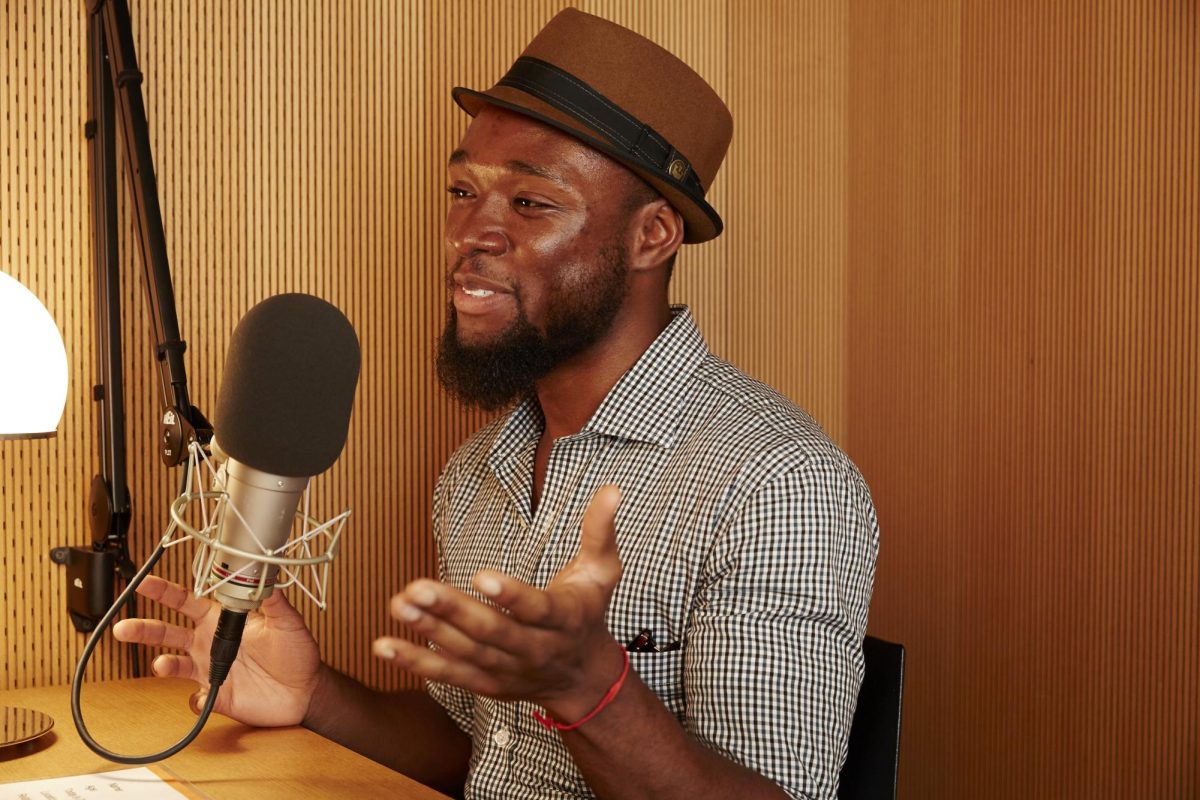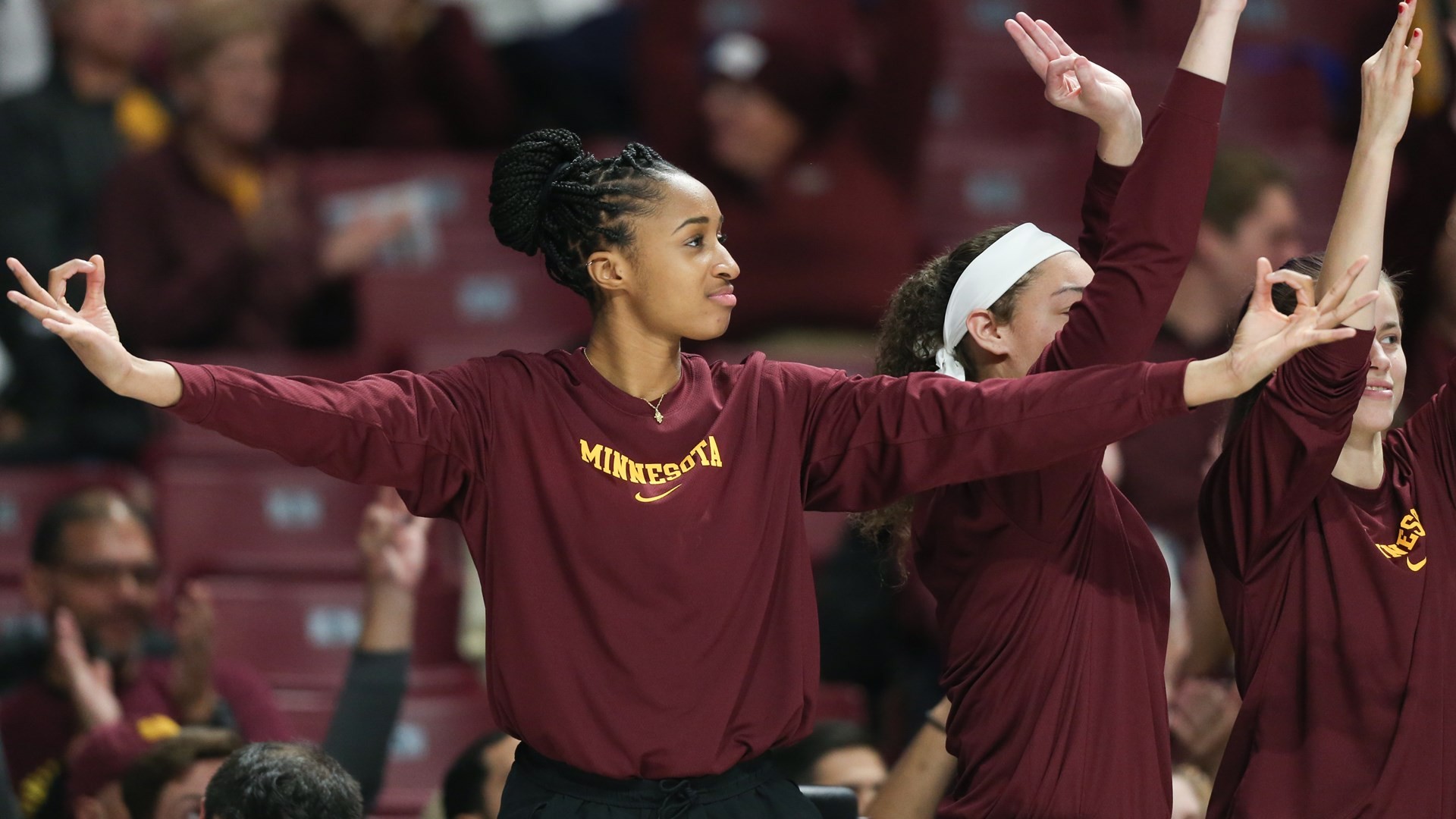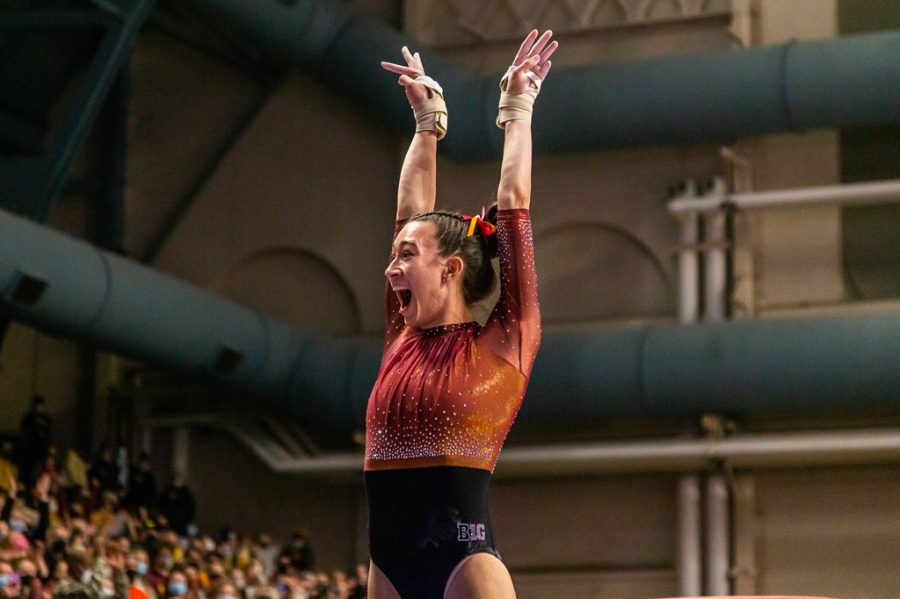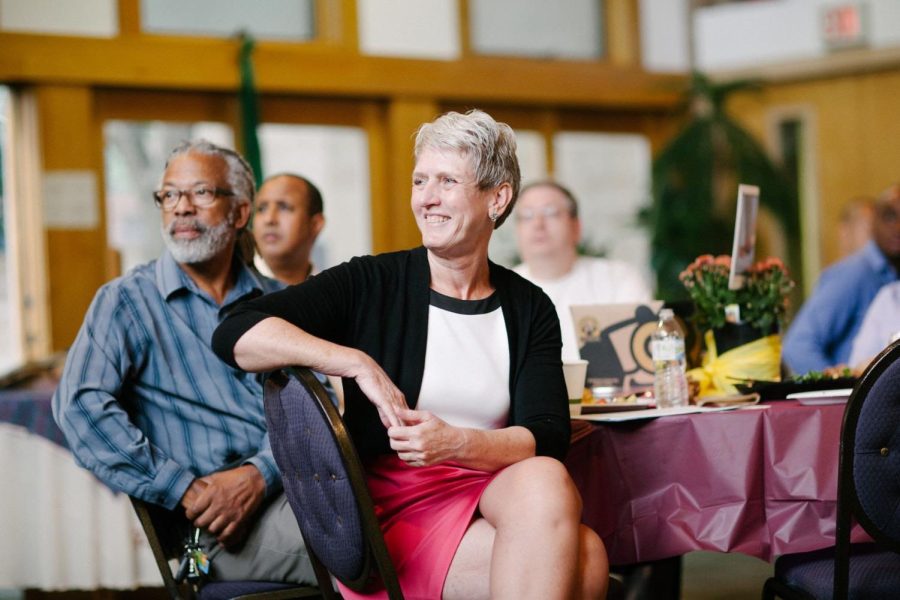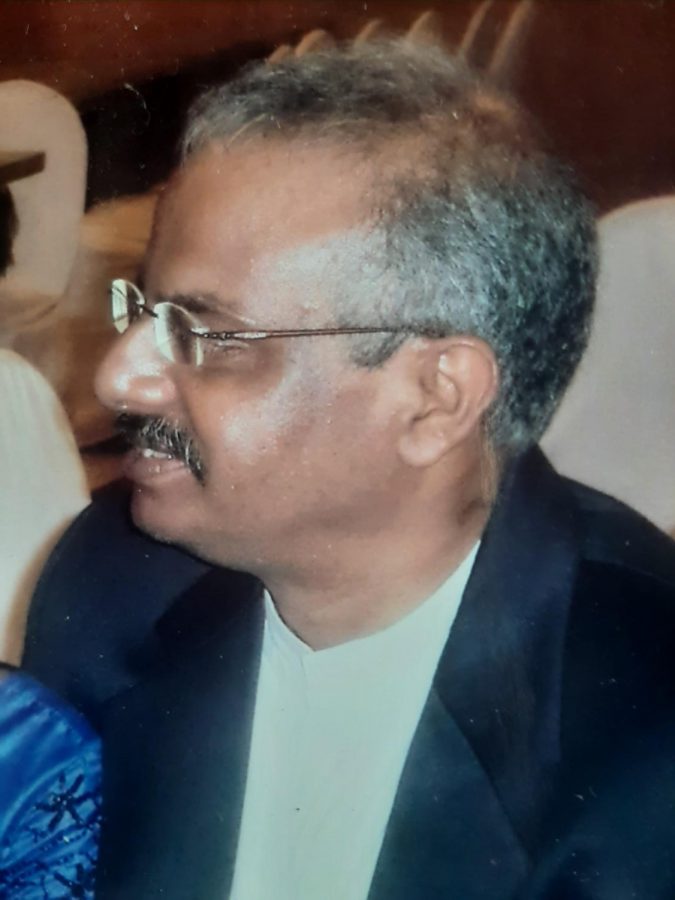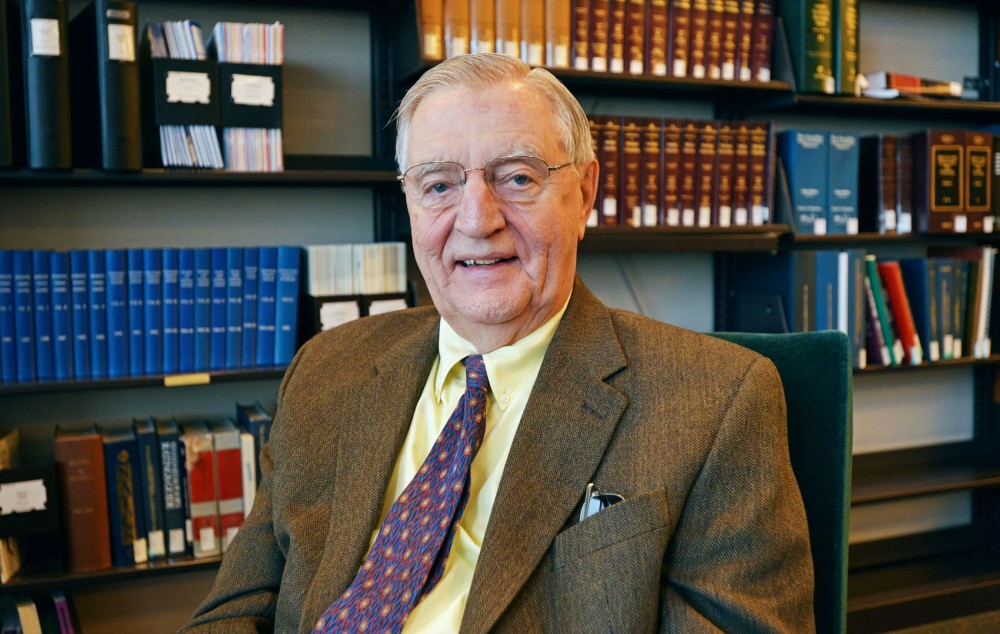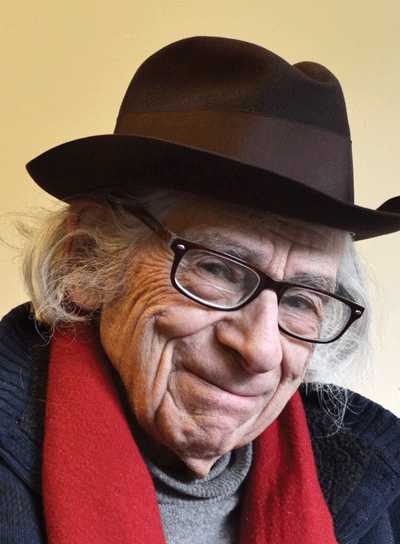To people who knew Regent Kao Ly Ilean Her, she was courageous, optimistic and a trailblazer within the Hmong community.
Known to many as Ilean, Her died on May 13 at the age of 52 following complications with COVID-19 while also battling a chronic lung disease. Ilean was buried Sunday in Roseville, Minnesota following a memorial service in St. Paul.
Through Ilean’s life, she left a vast legacy at the University of Minnesota, within the Hmong community and in the Twin Cities. This legacy and story live on through people who knew her as a kind, knowledgeable and caring leader.
Ilean’s time at the University of Minnesota
“As one of the first Hmong women to break outside of what was expected of her, she demonstrates that we have the power inside of us to continue her legacy of advocacy and leadership,” said Shouazong Hang, who graduated from the University in May and attended events and marches organized by Ilean, in an email to the Minnesota Daily.
Ilean became the first Hmong person to serve on the University’s Board of Regents in 2019. Sharon Her, Ilean’s sister, said Ilean wanted to increase representation within the University’s administration and improve access for students of color and people of varying economic backgrounds as a regent.
“She’s always been an advocate for representation,” Sharon Her said. “She just [saw] that there was very little representation.”
According to May Seng Cha, a friend and colleague of Her, Ilean felt that serving on the board was an honor and a step towards increasing representation for underrepresented groups at the University.
“When she had told us that she wanted to be on the board we were very excited,” Cha said. “I think for her it meant that it was a pivotal point in her life, where she knew she could make a difference … and be a voice for poor refugees, women, just people of color.”
Former Regent Rick Beeson, who served on the board from 2009-2021, said he admired the strength and curiosity Ilean embodied throughout her time on the board.
“In the beginning she spent time learning about the University,” Beeson said. “Most people, whether they admit it or not, once [they] are elected, they are surprised by the breadth and the depth of the University’s mission and operation and I think for her included, there’s a sort of humbling period that goes on. It really requires you to learn and listen, ask a lot of questions, and that’s the approach she took.”
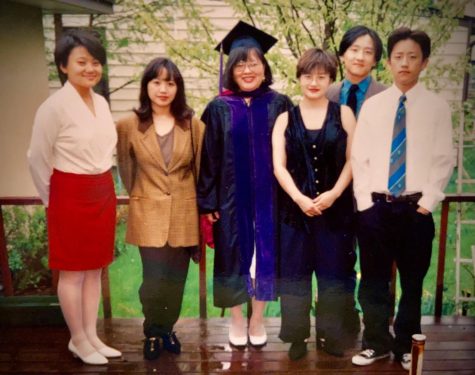
Ilean’s role as regent also had a profound impact on Hmong and Asian American students at the University, recent graduate Hang said.
“Ilean’s leadership and accomplishments remind and inspire Hmong students to believe in what they can achieve, regardless of the various barriers put in place to set us up for failure,” Hang said.
Jenny Tam, another recent University graduate who was involved in several Asian American student organizations at the University, also said Ilean’s achievements inspire and give hope to young Hmong and Asian American students like herself.
“I remember meeting her and knowing that she was able to become a lawyer gave me hope that it was possible for me, as a first-generation college student, as someone with immigrant parents, as Southeast Asian,” Tam said in an email to the Minnesota Daily.
An active community member
Outside of the University, Ilean was involved in several organizations, including the Hmong Elders Center, a family-run business. At the center, she helped connect the community to the cultural knowledge the Hmong elders held about art, traditional Hmong sewing and bamboo basket weaving.
Ilean was also a founding member of Hnub Tshiab: Hmong Women Achieving Together, an organization that helps Hmong women catalyze change within their communities. Ilean, along with colleagues and friends, created a curriculum to educate Hmong women about their culture and society that is taught through Hnub Tshiab.
“Education is also one of the biggest components that I think this group of women realize and acknowledge that actually helps make a change in terms of empowering Hmong women,” Cha said.
Currently, Hnub Tshiab is in the process of creating a memorial scholarship in Ilean’s memory. Cha said she hopes the memorial scholarship continues Ilean’s mission of encouraging young women to pursue higher education.
“I think the goal … is to make sure that we captured the courage that she encompassed throughout the 20-30 years of her [adult] life and the struggles that she’s gone through,” Cha said. “The access to education and the encouragement for young women to pursue higher education was a pivotal component to the success in the Hmong community.”
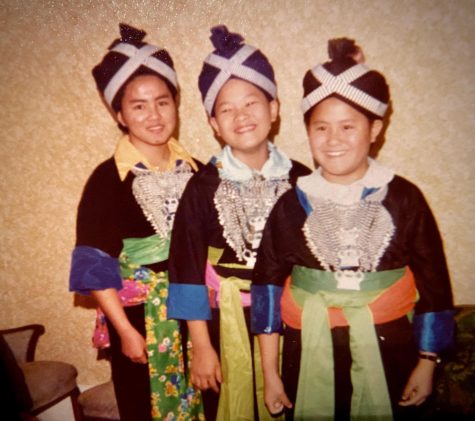
According to Sharon, Ilean was always passionate about advocacy and began making an impact on the community in high school. Ilean started one of the first Asian clubs for high school students in the Twin Cities and also helped to create the first soccer program in St. Paul schools with a group of friends.
“Because Hmong people like to play soccer, they wanted to have soccer as a sport,” Sharon said. “So they went out and they rallied, and they found all these students, and they did all the proper work and they got soccer in St. Paul.”
Sharon also said Ilean advocated for her younger siblings after their family came to Iowa in 1976 as refugees from Laos and before moving to St. Paul in 1986. As immigrants, Ilean’s parents did not always understand American culture, so she helped to explain cultural practices to her parents, Sharon said.
“She would always have to explain what dance line was, or the different clubs that we wanted to join, or [the process of] applying for colleges,” she said.
Ilean went on to study political science at Hamline University before studying law at the University of Minnesota, and also became the first Hmong woman to be admitted to the Minnesota State Bar Association.
Ilean’s passion and various leadership roles in the community have inspired people throughout the Twin Cities to be more active about advocacy and supporting underrepresented groups of people like the Hmong community, Sharon said.
“She’s a huge legend in the Hmong community,” Sharon said. “But I think she deserves to be a huge legend in the Twin Cities community.”
